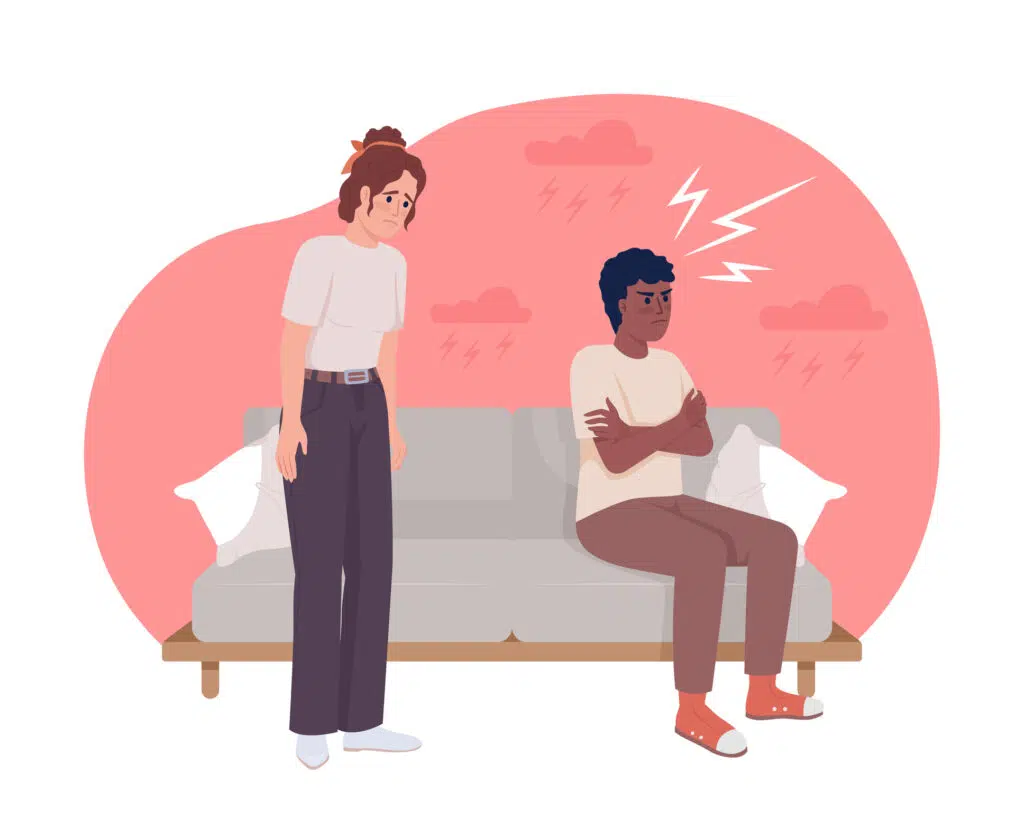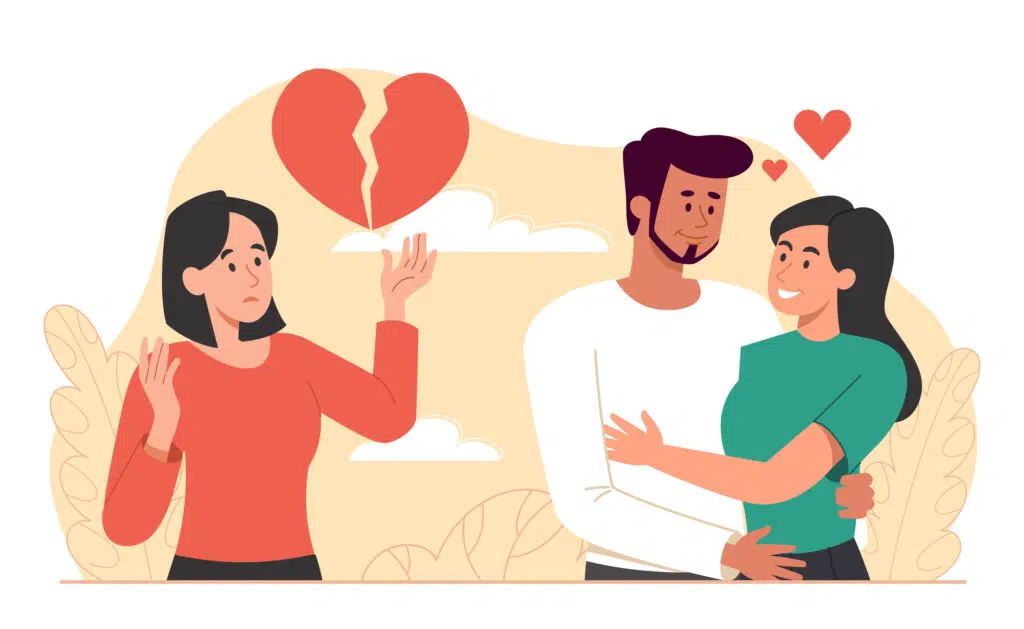Mental Health in the LGBTQ+ Community

“To be yourself in a world that is constantly trying to make you something else is the greatest accomplishment.” — Ralph Waldo Emerson, American essayist, and philosopher
The Relationship Between the LGBTQ Community and Poor Mental Health
Dealing with everything from discrimination to violence, members of the LGBTQ+ community tend to experience higher rates of suicide than the general population.
As stated by the Human Rights Campaign Foundation, LGBTQ+ youth are more than twice as likely to feel suicidal and are over four times as likely to physically attempt suicide.
Stigma has shown to drive higher rates of mental health issues in LGBTQ+ communities. Among adults suffering from mental illness, 13 percent of those in the LGBTQ+ experience symptoms that substantially interfere with everyday life, compared to just 4 percent of the heterosexual individuals living with mental illness.
A 2014 study showed how detrimental this stigma can be, as LGBTQ+ individuals living in prejudice communities actually have a shorter life expectancy of 12 years on average, compared to peers in low-stigma communities.
Seeking Mental Health Support Is Both Brave and Life-Changing
Whether you suffer from depression, anxiety, PTSD, or any other mental health condition that currently impacts your quality of life, it is critical that you seek support.
Regardless of your current mental health, it has been reported that chronic stress deteriorates the hippocampus — the area of the brain that regulates learning, emotion, motivation, and memory.
When you seek mental health treatment and support, you can benefit in the following ways:
- You can experience a significant reduction in anxiety while improving your mood and risk of depression
- Improve relationships — not just with others, but also yourself
- Experience clearer thinking and increased self-esteem
- Develop practical coping skills that lead to life-altering changes and perspectives
- Better sleep, supporting positive mental and physical health
How to Begin Your Journey Towards Positive Mental Health
Being someone in the LGBTQ+ community, you currently face a double stigma. However, the more we speak about these stigmas and seek help, the more rapidly these stigmas will be lifted.
Each brave individual is part of something much greater, which is why you should seek support for yourself, as well as those living in a similar situation as you.
Depending on your circumstances, you may wish to seek individual and/or group counseling, complementary therapies (i.e. yoga and meditation), cognitive behavioral therapy, family therapy, nutrition therapy, etc.
When seeking therapy, be sure to find a certified, trained therapist or psychologist. If you are specifically within the New York City SoHo or Grand Central Area, contact Thriving Mind Psychology to discuss the wide array of services offered.
There are also a number of incredible resources available online, including but not limited to:
- The American Psychological Association — they provide numerous educational resources specifically covering LGBTQ+ topics.
- The National Center for Transgender Equality — including resources on how to seek the health care you require.
- The LGBT National Help Center— provide support, affirmation, and respect in the form of free peer-support and local resources.
- Association for Lesbian, Gay, Bisexual and Transgender Issues in Counseling — they offer both education and support for the LGBTQ community while promoting LGBTQ+-specific issues for counseling professionals.

How to Move On After a Friendship Breakup
Friendship breakups can sting just as much as a romantic breakup. After all, you’re experiencing a loss of shared history and an understanding of each other that can leave you feeling lonely and isolated. Not all friendships are forever, but moving on from the loss of a friendship does take time and some self-compassion.

Signs You’re in a Toxic Relationship
A toxic relationship can chip away at your well-being and happiness. Toxic partners can be manipulative and charming, making it difficult to recognize the signs that you’re in a toxic relationship. You deserve to be in a supportive and healthy relationship.

10 Common Marriage Reconciliation Mistakes to Avoid After Infidelity
Infidelity can leave couples devastated. If you’ve been affected by infidelity and want to salvage your relationship, rebuild trust, or make a tough decision, keep reading for 10 common reconciliation mistakes to avoid after infidelity.

Survey: 72% of Americans are Stressing About the Upcoming Presidential Election
Political viewpoints in the U.S. have always been contentious, but is the impact of politics in the United States making it difficult for people to live their everyday lives? With some anticipating another brutal and long campaign season ahead of the upcoming 2024 presidential election, nearly half of Americans say politics is negatively impacting their mental health.




